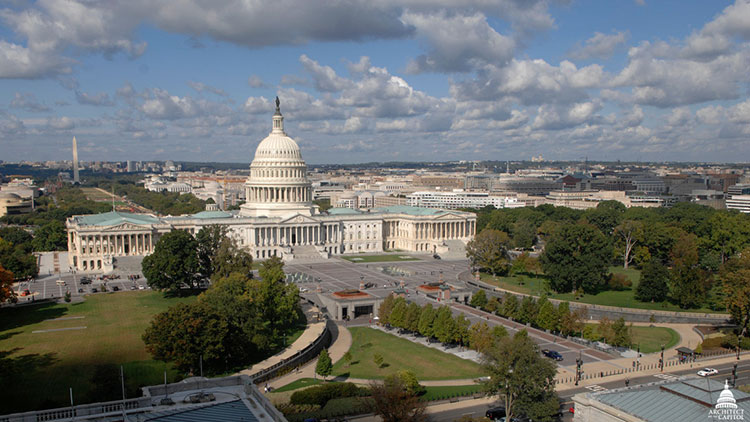Sen. Thune Supports Prohibiting Paid Prioritization

The smarter way to stay on top of broadcasting and cable industry. Sign up below
You are now subscribed
Your newsletter sign-up was successful
Sen. John Thune (R-S.D.), chair of the Senate Commerce Committee, took aim at the Democrats' effort to nullify the FCC rollback of net neutrality rules, but also said he supports those basic rules.
In an op ed for CNBC, Thune argued that the CRA was political theater (it has a slim-to-none chance of passing both Houses), while Congress could instead pass meaningful bipartisan legislation that would protect net neutrality.
Sounding a lot like a Democrat or Internet activist, Thune wrote: "I support net neutrality. I support rules that prevent blocking, throttling and paid prioritization of internet traffic. I believe these principles should guide us on Capitol Hill as we work to expand broadband access to even the most remote and rural areas of the country."
But then, sounding like neither a Democrat nor an Internet activist, he said, by contrast, the CRA was manufacturing controversy -- for one thing Democrats expect to use net neutrality as an election issue against Republicans -- rather than working toward real solutions. Thune said it was time to set aside the "fear mongering and manufactured hand-wringing."
The CRA is being launched Wednesday (May 9) with a discharge petition that will force a floor vote by June 12.
"Instead of crafting forward-looking solutions that protect internet users and promote innovation, however, Congress will spend the upcoming days on more political theater," Thune wrote.
He also took to the Senate floor to make his point.
The smarter way to stay on top of broadcasting and cable industry. Sign up below
[embed]https://www.youtube.com/watch?v=-zEsAUaJOZ4[/embed]
The idea of the legislation is to restore some basic regulations, just not using the Title II authority Republicans argue is an artifact of the last century.
"The misguided decision to apply regulations created in 1934 for voice telephone services to the internet — adopted on a party-line vote by the Federal Communications Commission (FCC) in 2015 — has, according to the FCC, slowed investment, preventing the improvement and expansion of services to the 39 million Americans living in rural parts of the country," Thune wrote.
There is a big difference of opinion between Republicans and Democrats on the impact of the 2015 Open Internet order and its bright-line rules on investment and innovation, with Dems saying the rules did not depress either.
"For years, I have called for bipartisan legislation — by elected representatives, not unelected bureaucrats at the FCC — that would permanently ban blocking, throttling and paid prioritization by broadband internet providers," Thune said. "The new leadership of the FCC has given us an opportunity to do just that, by freeing the internet from outdated, monopoly-era regulations."
Some have argued that FCC chair Ajit Pai might have had in mind forcing the legislative issue by removing all the rules, a sort of Solmoniac proposal that then makes the two sides find common ground rather than face the consequences, which include endless court trips to try to clarify just what the FCC can do.
Thune suggested that the energy put into the CRA had stalled conversations among legislators eager to find a solution.
Contributing editor John Eggerton has been an editor and/or writer on media regulation, legislation and policy for over four decades, including covering the FCC, FTC, Congress, the major media trade associations, and the federal courts. In addition to Multichannel News and Broadcasting + Cable, his work has appeared in Radio World, TV Technology, TV Fax, This Week in Consumer Electronics, Variety and the Encyclopedia Britannica.

